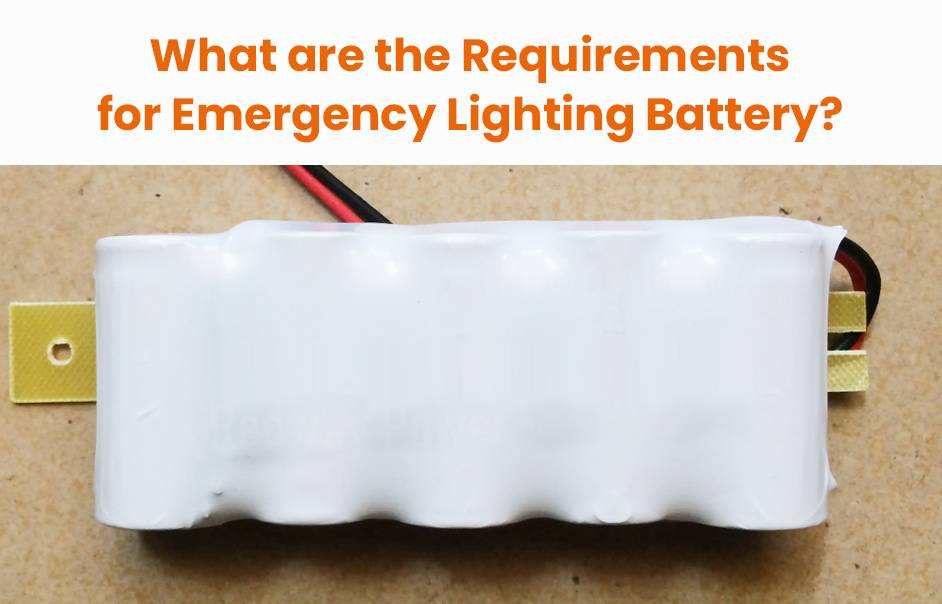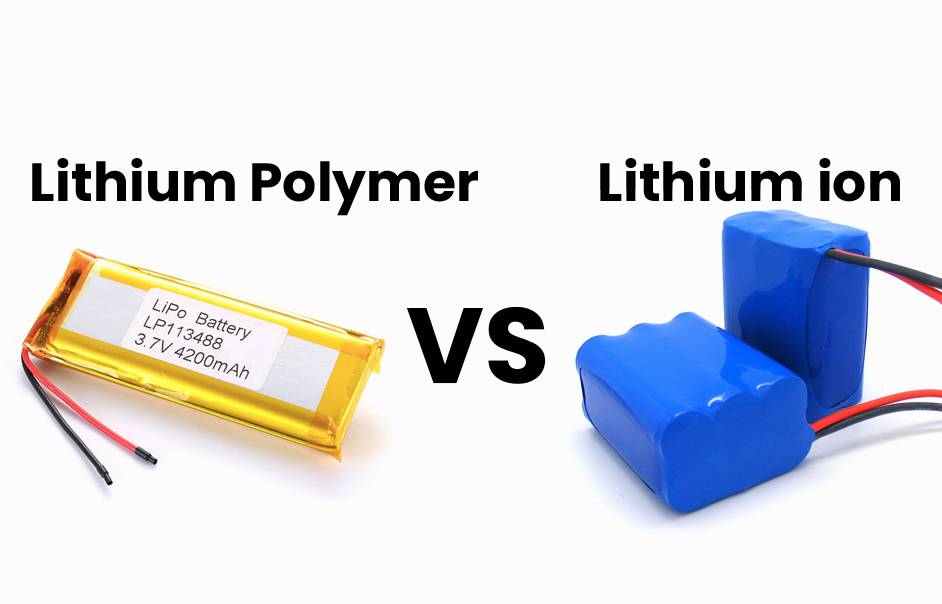- Forklift Lithium Battery
-
48V
- 48V 210Ah
- 48V 300Ah
- 48V 420Ah (949 x 349 x 569 mm)
- 48V 420Ah (950 x 421 x 450 mm)
- 48V 456Ah
- 48V 460Ah (830 x 630 x 590 mm)
- 48V 460Ah (950 x 421 x 450 mm)
- 48V 460Ah (800 x 630 x 600 mm)
- 48V 460Ah (820 x 660 x 470 mm)
- 48V 500Ah
- 48V 560Ah (810 x 630 x 600 mm)
- 48V 560Ah (950 x 592 x 450 mm)
- 48V 600Ah
- 48V 630Ah
-
48V
- Lithium Golf Cart Battery
- 12V Lithium Battery
12V 150Ah Lithium RV Battery
Bluetooth App | BCI Group 31
LiFePO4 Lithium
Discharge Temperature -20°C ~ 65°C
Fast Charger 14.6V 50A
Solar MPPT Charging - 24V Lithium Battery
- 36V Lithium Battery
- 48V Lithium Battery
-
48V LiFePO4 Battery
- 48V 50Ah
- 48V 50Ah (for Golf Carts)
- 48V 60Ah (8D)
- 48V 100Ah (8D)
- 48V 100Ah
- 48V 100Ah (Discharge 100A for Golf Carts)
- 48V 100Ah (Discharge 150A for Golf Carts)
- 48V 100Ah (Discharge 200A for Golf Carts)
- 48V 150Ah (for Golf Carts)
- 48V 160Ah (Discharge 100A for Golf Carts)
- 48V 160Ah (Discharge 160A for Golf Carts)
-
48V LiFePO4 Battery
- 60V Lithium Battery
-
60V LiFePO4 Battery
- 60V 20Ah
- 60V 30Ah
- 60V 50Ah
- 60V 50Ah (Small Size / Side Terminal)
- 60V 100Ah (for Electric Motocycle, Electric Scooter, LSV, AGV)
- 60V 100Ah (for Forklift, AGV, Electric Scooter, Sweeper)
- 60V 150Ah (E-Motocycle / E-Scooter / E-Tricycle / Tour LSV)
- 60V 200Ah (for Forklift, AGV, Electric Scooter, Sweeper)
-
60V LiFePO4 Battery
- 72V~96V Lithium Battery
- Rack-mounted Lithium Battery
- E-Bike Battery
- All-in-One Home-ESS
- Wall-mount Battery ESS
-
Home-ESS Lithium Battery PowerWall
- 24V 100Ah 2.4kWh PW24100-S PowerWall
- 48V 50Ah 2.4kWh PW4850-S PowerWall
- 48V 50Ah 2.56kWh PW5150-S PowerWall
- 48V 100Ah 5.12kWh PW51100-F PowerWall (IP65)
- 48V 100Ah 5.12kWh PW51100-S PowerWall
- 48V 100Ah 5.12kWh PW51100-H PowerWall
- 48V 200Ah 10kWh PW51200-H PowerWall
- 48V 300Ah 15kWh PW51300-H PowerWall
PowerWall 51.2V 100Ah LiFePO4 Lithium Battery
Highly popular in Asia and Eastern Europe.
CE Certification | Home-ESS -
Home-ESS Lithium Battery PowerWall
- Portable Power Stations
Should I Store My Drill with the Battery Attached?

Storing your drill with the battery attached is generally not recommended for optimal battery health and longevity. It’s best to disconnect the battery and store it separately at a partial charge level to prevent degradation and ensure your tools are ready for use when needed.
Should I Store My Drill with the Battery Attached?
No, it is advisable not to store your drill with the battery attached. Keeping the battery connected can lead to unnecessary drain, overheating, and potential damage over time. Instead, remove the battery and store it in a cool, dry place at an appropriate charge level.
What Are the Best Practices for Storing Drill Batteries?
To ensure your drill batteries remain in good condition:
- Charge Level: Store batteries at approximately 30-50% charge to maintain health.
- Temperature Control: Keep batteries in a cool, dry environment, ideally between 15°C (59°F) and 25°C (77°F).
- Avoid Direct Sunlight: Prolonged exposure to sunlight can degrade battery materials.
| Storage Practice | Description |
|---|---|
| Charge Level | Store at 30-50% charge for optimal longevity |
| Temperature Control | Keep in a cool, dry place |
| Avoid Direct Sunlight | Prevents material degradation |
How Does Battery Charge Level Affect Storage?
The charge level significantly impacts battery lifespan. Storing lithium-ion batteries fully charged or completely discharged can lead to capacity loss. A charge level of around 30-50% is ideal for maintaining battery health during long-term storage.
Why Is It Important to Maintain Battery Health?
Maintaining battery health ensures that your drill is ready for use whenever you need it. Neglecting proper storage can lead to reduced performance, shorter run times, and ultimately, the need for costly replacements.
What Are the Risks of Storing a Drill with the Battery Attached?
Storing a drill with its battery attached poses several risks:
- Overheating: Continuous connection can lead to heat buildup during storage.
- Self-Discharge: Batteries naturally lose charge over time; keeping them connected accelerates this process.
- Potential Damage: Long-term attachment may cause physical damage or reduced efficiency.
When Should I Disconnect the Battery from My Drill?
You should disconnect the battery from your drill if:
- You plan to store it for an extended period (more than a month).
- The battery shows signs of swelling or damage.
- You notice reduced performance during use.
Where Is the Best Place to Store My Drill and Battery?
The best place to store your drill and its battery is in a cool, dry location away from direct sunlight and extreme temperatures. A dedicated storage area that minimizes exposure to moisture and dust will help prolong both tool and battery life.
Replacement Choices for Lithium-Ion Batteries
For those considering alternatives or replacements, Redway Power offers excellent lithium-ion battery solutions suitable for various drills and power tools. These batteries provide enhanced performance and longevity compared to traditional options.
Tips for Battery Wholesale Buyers
When sourcing batteries wholesale or placing OEM orders, consider working with reliable manufacturers like Redway Power, which has over 13 years of experience in lithium battery production. Ensure you verify certifications and quality standards when making your selection.
Redway Power Expert Views
“Proper storage practices are crucial for extending the life of power tool batteries. Disengaging batteries during storage not only prevents degradation but also ensures that tools are ready when you need them,” states an expert from Redway Power.
FAQ Section
- Can I leave my drill plugged in while not in use?
No, it’s best to unplug it to avoid overheating and potential damage. - How often should I check my stored batteries?
It’s advisable to check stored batteries every few months for charge levels and physical condition. - What should I do if my battery won’t hold a charge?
If a battery no longer holds a charge, consider replacing it or taking it to a service center for evaluation.


























